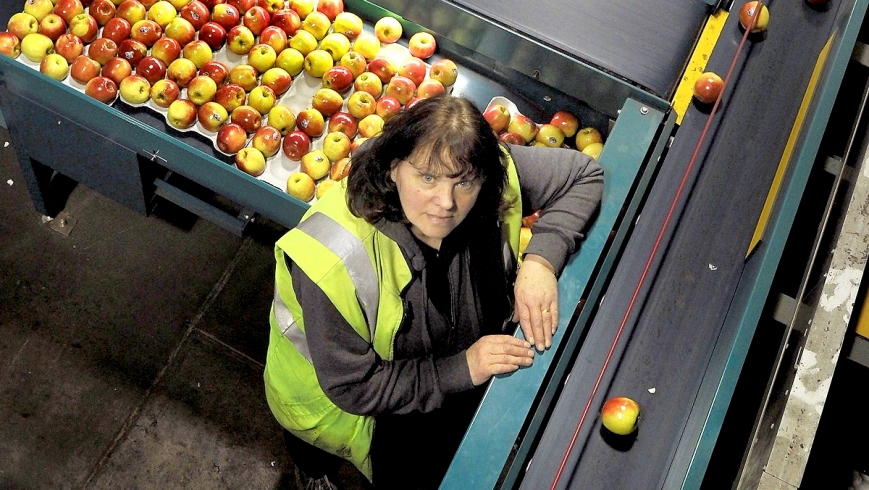Researchers will assess the importance of Bacchus Marsh’s fruit and vegetable markets as part of a study aiming to save farms in Melbourne’s fringe suburbs.
Project leader and Deakin University research fellow Rachel Carey said what made Melbourne’s food special was that a lot of produce was grown on the city edge.
“But the farms that surround the fringe are fast disappearing and taking the local food bowl with them,” Dr Carey said.
“As the city grows, it’s gobbling up our best farmland and replacing it with houses.”
Bacchus Marsh orchardist Nick Dellios said changes were needed to make farming a more viable industry, with many farmers “struggling to keep their heads above water”.
“The growing conditions and soils in Bacchus Marsh are excellent, but I’m not sure how many growers will survive.”
He said production costs were too high. “It feels like people underestimate the value of food production, and the price we’re getting for fruit and vegetables is unsustainable. There’s risks involved and not as much return on investment.”
Mr Dellios said governments needed to invest in farming and produce, rather than car manufacturing, as the food industry was crucial to Australia’s future.
“They’re better off investing money into farming infrastructure, whether that be through low-interest loans or research and development for the industry,” he said. “Another suggestion would be introducing tariffs on produce coming in from overseas, so that we’re on an even playing field.”
Dr Carey said the Deakin University-based Food Alliance, funded by VicHealth, was studying produce-growing areas in Bacchus Marsh, Werribee, Cranbourne, Koo Wee Rup, the Mornington Peninsula and Yarra Ranges.
She said the study would confirm what was produced and where, with the information used to educate the public and decision-makers about the importance
of local food bowls.
It will include farmers’ stories and lists of where to buy farm gate produce.
“This is an important first step in securing long-term protection for these areas so future generations can continue to enjoy local foods from Melbourne,” Dr Carey said.
“We all understand the importance of superannuation and saving for the future and these food bowl areas around Melbourne are our collective superannuation fund, our food for the future.”
Dr Carey said researchers were seeking donations through crowdfunding. With $9000 raised, the first farms to be profiled will be in Werribee South and Cranbourne, as they are most under threat. All the nominated areas will be investigated if $15,000 can be raised.







